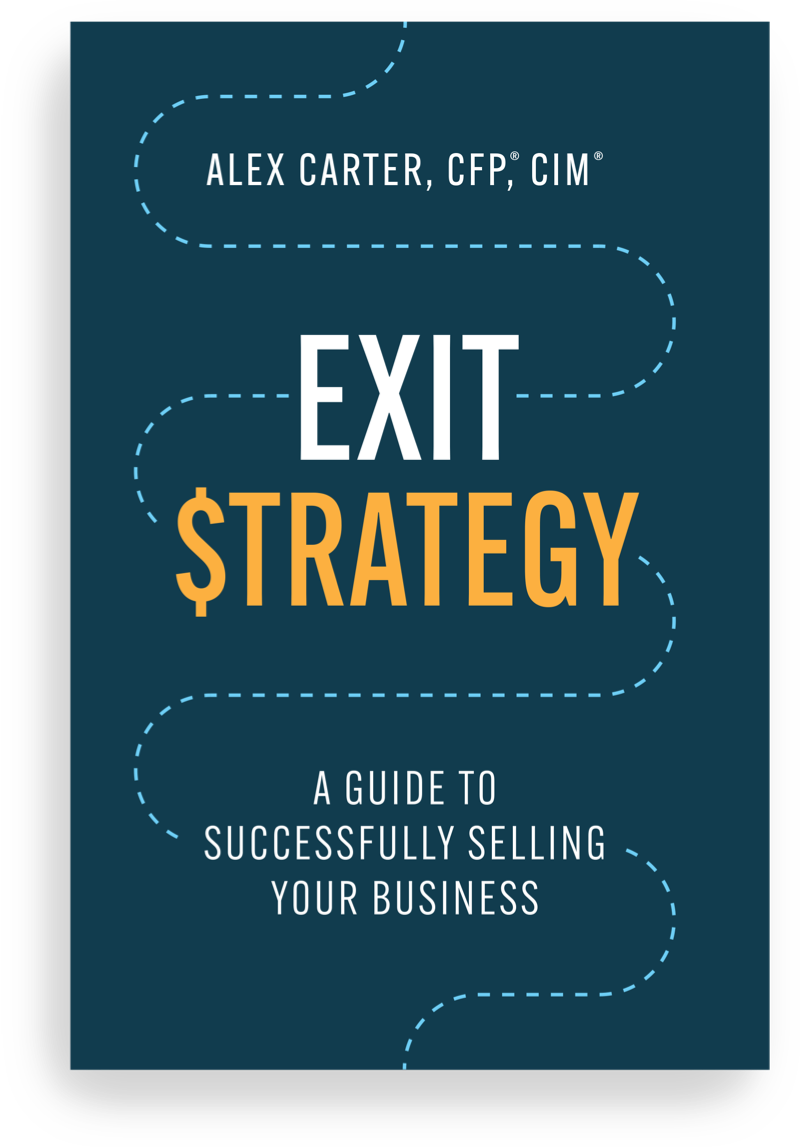If you think about many areas of your life, chances are they’ve become more complex over the years. Your basic flip-style cell phone, used to make and receive phone calls (imagine that!), turned into a mini-computer known as a smartphone. Even the shows we watch on television have become far more complicated, with multiple plot lines that can stretch over many seasons.
Arguably, the investment landscape has also become more complex as time has gone by. Individual investors increasingly have access to products that either didn’t exist 20 years ago or were reserved for only those with a very high net worth.
Tempting as it may be to venture into these kinds of offerings, the best bet for most investors is to “keep it simple”.
Before we look at the reasons why, it may be helpful to define what we mean by “keeping it simple”. A simple investment strategy is one that owns a balanced, diversified portfolio of equities and fixed income products. It can, of course, be re-balanced as necessary. Keeping it simple means avoiding so-called “penny stocks”, derivatives, or the use of leverage (i.e. borrowed money) to juice returns.
In a nutshell, a simple investment strategy is the opposite of the famous hedge fund that imploded in 2007 and in a sense marked the onset of the financial crisis. That fund’s name? The Bear Stearns High-Grade Structured Credit Strategies Limited Partnership. It notoriously invested in subprime mortgages, and did so targeting 10:1 leverage. In other words, for every dollar of investors’ money, they borrowed another $10! Talk about a recipe for disaster.
With that said, here’s why a simple investment approach is best.
- You always have an exit
Quality investments shouldn’t be “Hotel Californias”, where you can check in but you can’t leave. One of the problems about buying thinly-traded stocks, or even dabbling in private equity, is that unlike a blue-chip company, there’s a risk you can’t get your money out easily at a reasonable price. If you have a pressing need for funds, the last thing you want is to discover there isn’t a ready buyer for what you own.
- Your money won’t disappear overnight
In the last decade and a half, so-called leveraged exchange-traded funds have become very popular trading vehicles. These products promise 2 to 3 times the return of a given market, up or down. The reason they’ve attracted so much interest is that they seemingly offer investors the potential for large profits if they guess right about a market’s direction.
The problem? In extreme conditions, these ETFs can decline dramatically, virtually wiping out someone’s investment. Plus, over time, due to how they’re set up, they’re almost guaranteed to fall anyway. Long story short, stay away!
- Your portfolio will thank you
This is the most important reason. At the end of the day, a simple investment approach is best because it should provide the best long-term returns. The proof? As Ben Carlson has observed, a straightforward 60% equities, 40% bonds portfolio has beaten the more complex strategies employed by university endowments, despite these institutions spending sizable sums on talent.
So, Keep it Simple. Your portfolio will thank you.



